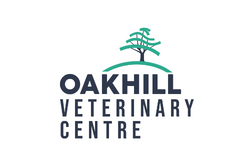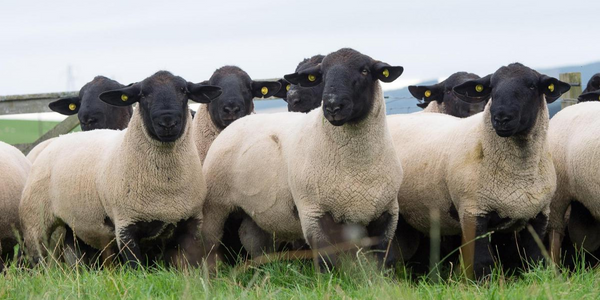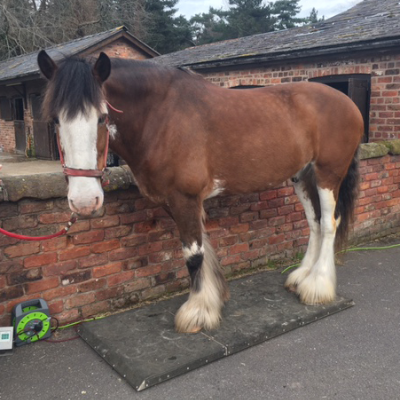Full Width Content Block
Test
Our Equine Veterinary Team
Your horse is in safe hands with our experienced equine vets, including two ECVS and RCVS Recognised Specialists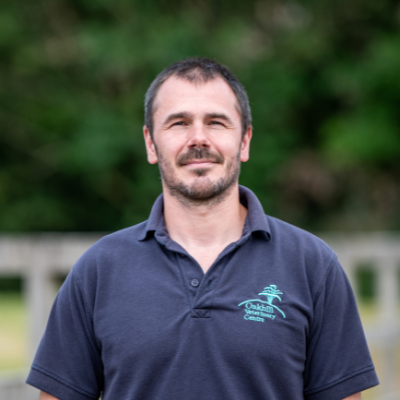
GUY HINNIGAN
Director – ECVS And RCVS Recognised Specialist In Equine SurgeryCHARLOTTE GAUL
BVSc MRCVS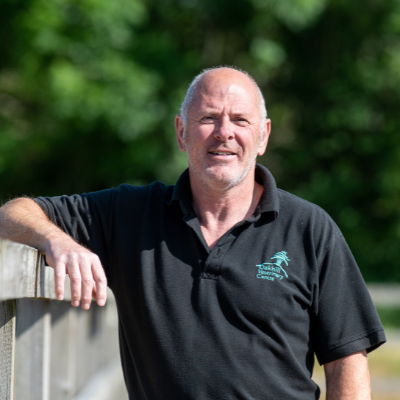
PETER ACTON
Director – BVSc MRCVS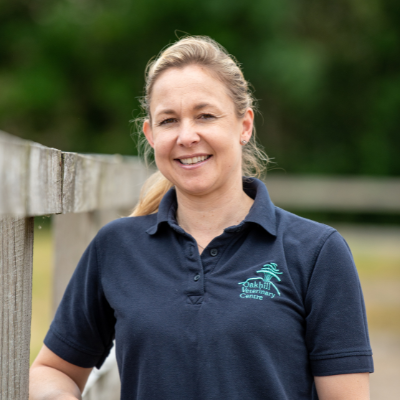
ROSIE OWEN
Clinical Director – ECVS And RCVS Recognised Specialist In Equine SurgeryARTICLES
Stay informed with our topical articles, all written by our equine vets.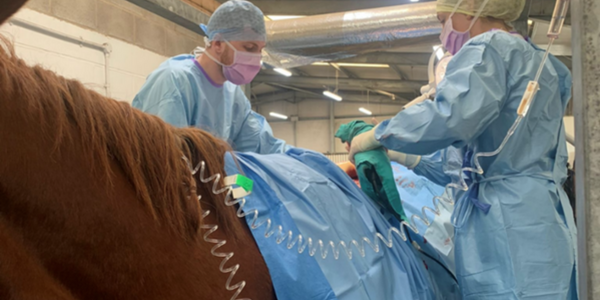
What is kissing spines?
Kissing spines or more correctly termed ‘impinging dorsal spinous processes’ (IDSPs) is where there is over-crowding of the summits of the 18 spines that the horse has, usually in the saddle region of the spine.
Read More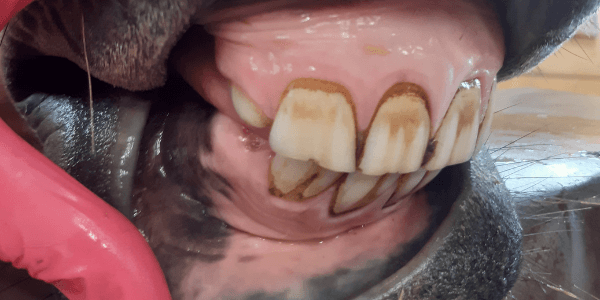
Ask the vet: dentistry special
I have a 25-year-old gelding who struggles to eat hay in the winter, what can I do? It is very important that our older horses and ponies have regular dental examinations, usually every 6 months. Older horses teeth can change very quickly and this can result in difficulty eating. Occasionally horses have loose teeth which […]
Read More
Stem cell treatment – what’s new?
What are stem cells? Stem cells are an undifferentiated cell of a multicellular organism which are capable of giving rise to indefinitely more cells of the same type. They are used in musculoskeletal injuries of the horse to improve the quality of repair tissue in injured tissue. Types of stem cells Traditionally we obtained cells […]
Read More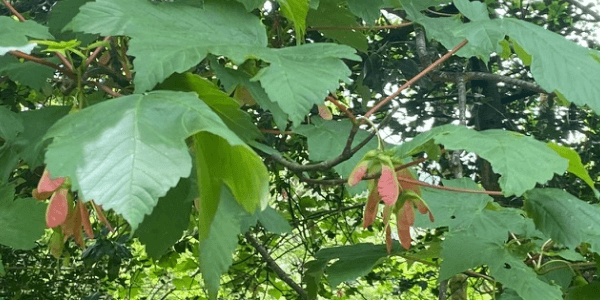
Sycamore poisoning in horses
Many of you may have noticed the characteristic helicopter seeds present on sycamore trees as of late so we thought it would be a good idea to remind you about sycamore poisoning. But what exactly do we mean by the term sycamore poisoning? Keep reading to find out more! Sycamore poisoning, also known as atypical […]
Read More
Grass Sickness in horses
Grass Sickness is a disease of horses, ponies and donkeys in which there is damage to parts of the nervous system which control involuntary functions, producing the main symptom of gut paralysis. Also known as Equine Grass Sickness (EGS) the cause is unknown but the nature of the damage to the nervous system suggests that […]
Read More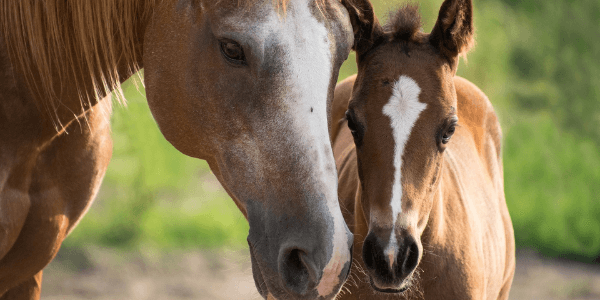
Immunity in foals
At birth, foals are immuno-naive meaning that they are born without any protective antibodies (immunoglobulins/IgG) against common ‘bugs’ in their environment. In order to gain protection, foals need to ingest a sufficient quantity of good quality colostrum (first milk containing high levels of antibodies) within the first 12 hours of life. It is during this […]
Read MoreTest FOrm
Test CTA Block
Here is the intro paragraph to the block
